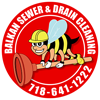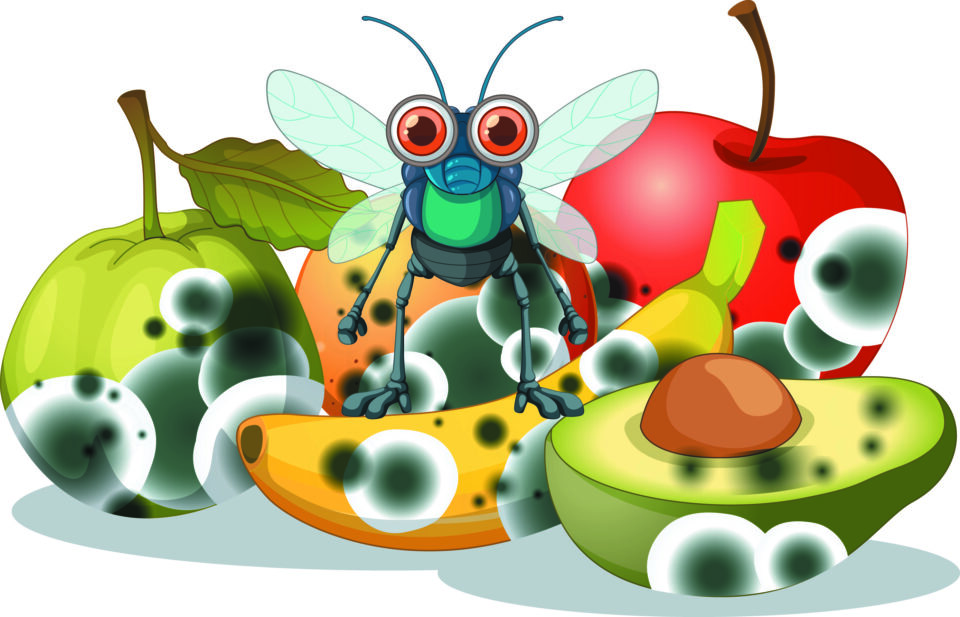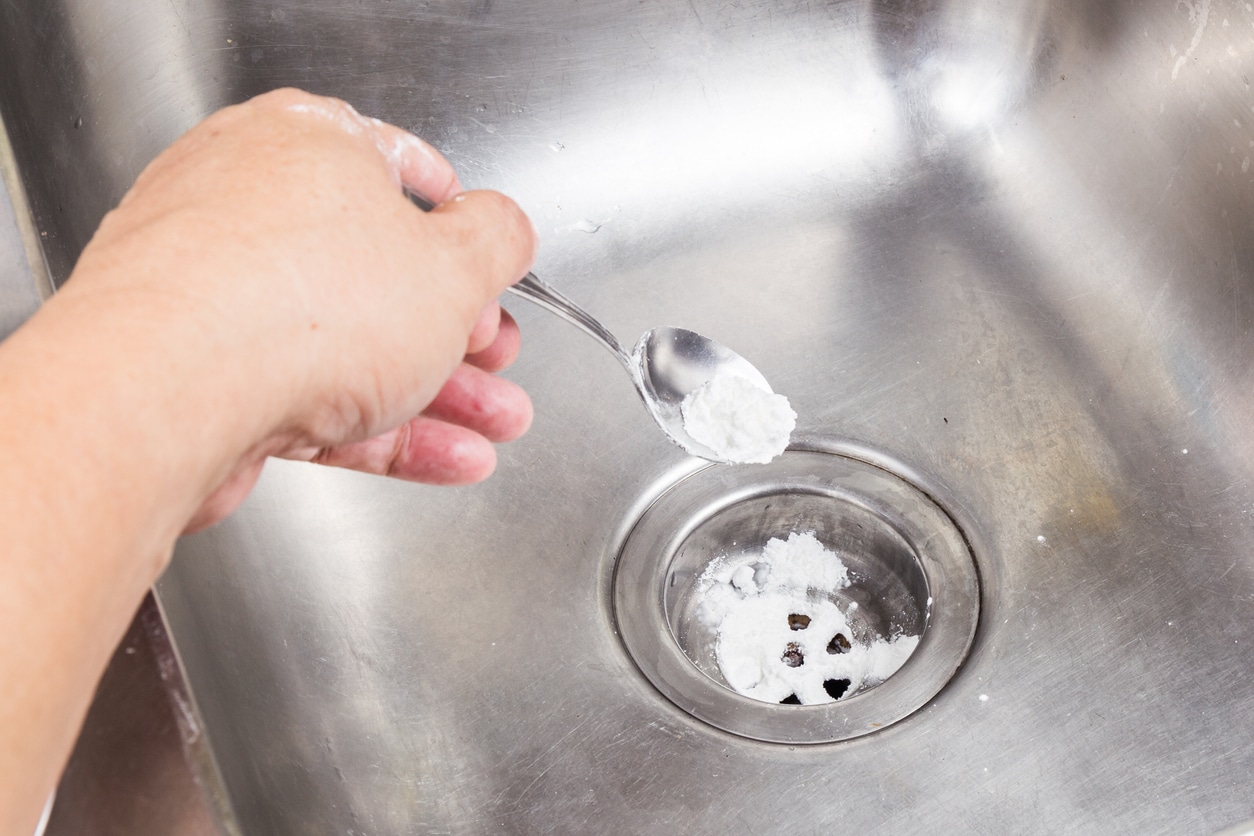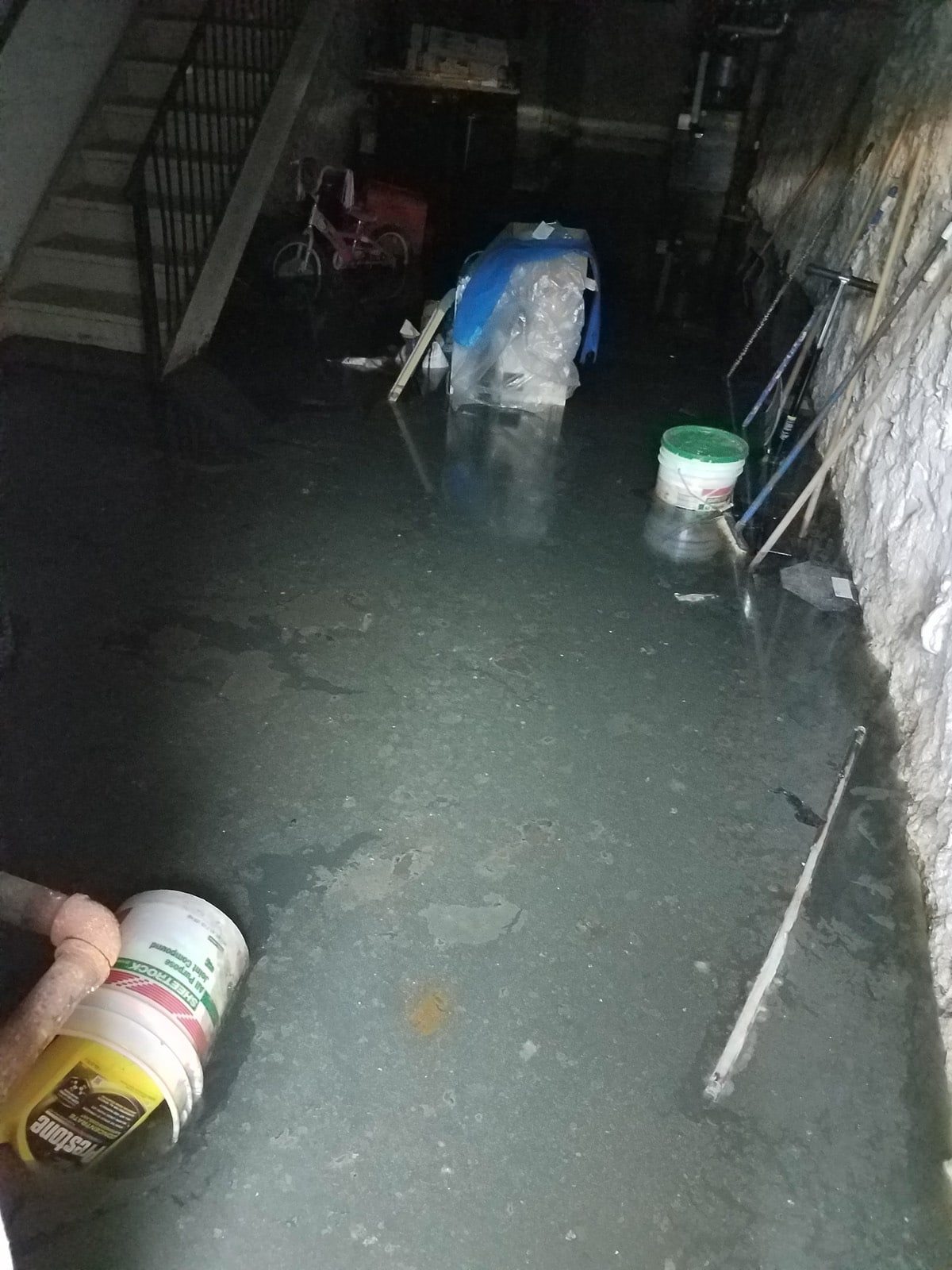
From all the five boroughs of New York City, Queens is the largest of them all. Inhabited by around 2.4 million people (as of 2017). It is also one of the most densely populated urban areas in the United States. Queens contains many popular NYC landmarks and historical districts. It appears as nothing less than a glorious borough, filled with an ethnically diverse population from the surface. However, if a Queens sewer clogged it becomes a bit less glorious under the surface.
Beneath the ground lies an equally complex network of underground pipes. These pipes connect millions of homes to a public sewer drainage system. Without this extensive structure of wastewater treatment systems, along with its notoriously expensive maintenance process, chances are Queens cannot function the way it does today.
The functionality of the public system in Queens helps make Queens such a habitable and civilized area. Massive volumes of wastewater go down toilets and drains in residential buildings, schools, factories, and public facilities. This load is virtually 24 hours a day, and every single day. Add flash storms, and the borough’s sewer system is asked to function at a high level. Therefore if a Queens sewer clogged, it becomes a major event for a property owner and inhabitants alike.
In some areas, runoff from rain and melting snow, as well as sewage from buildings, is collected in the same sewer known as a combined sewer. A Combined System Overflow (CSO) is when a combined system becomes surcharged. During heavy snow or rain storm, such drainage type can almost hit its full capacity, rendering millions of homes prone to water backup. This is not to say that the rest of Queens, which utilize separate wastewater treatment facilities for storm runoff and sewage, are invulnerable to overflow. Queens sewer clogged issue in homes, if not addressed immediately, can lead to water backup problems, too.
Signs if your Queens sewer clogged
Clogging in plumbing pipes almost never happens instantaneously. It is often the result of an accumulation of dirt in drain pipe. It typically builds up over time to form a seemingly impenetrable blockage for wastewater to flow through. The good thing is that the signs are easily noticeable. They can include gurgling sounds from the pipe, or slow drainage in water fixtures including sinks, toilets, and bathtubs. Ignoring such symptoms and hoping that the signs will go away by any chance on their own, do not solve the problem. If anything, you worsen the issues, and bring you closer to the risk costly repair sooner than later.
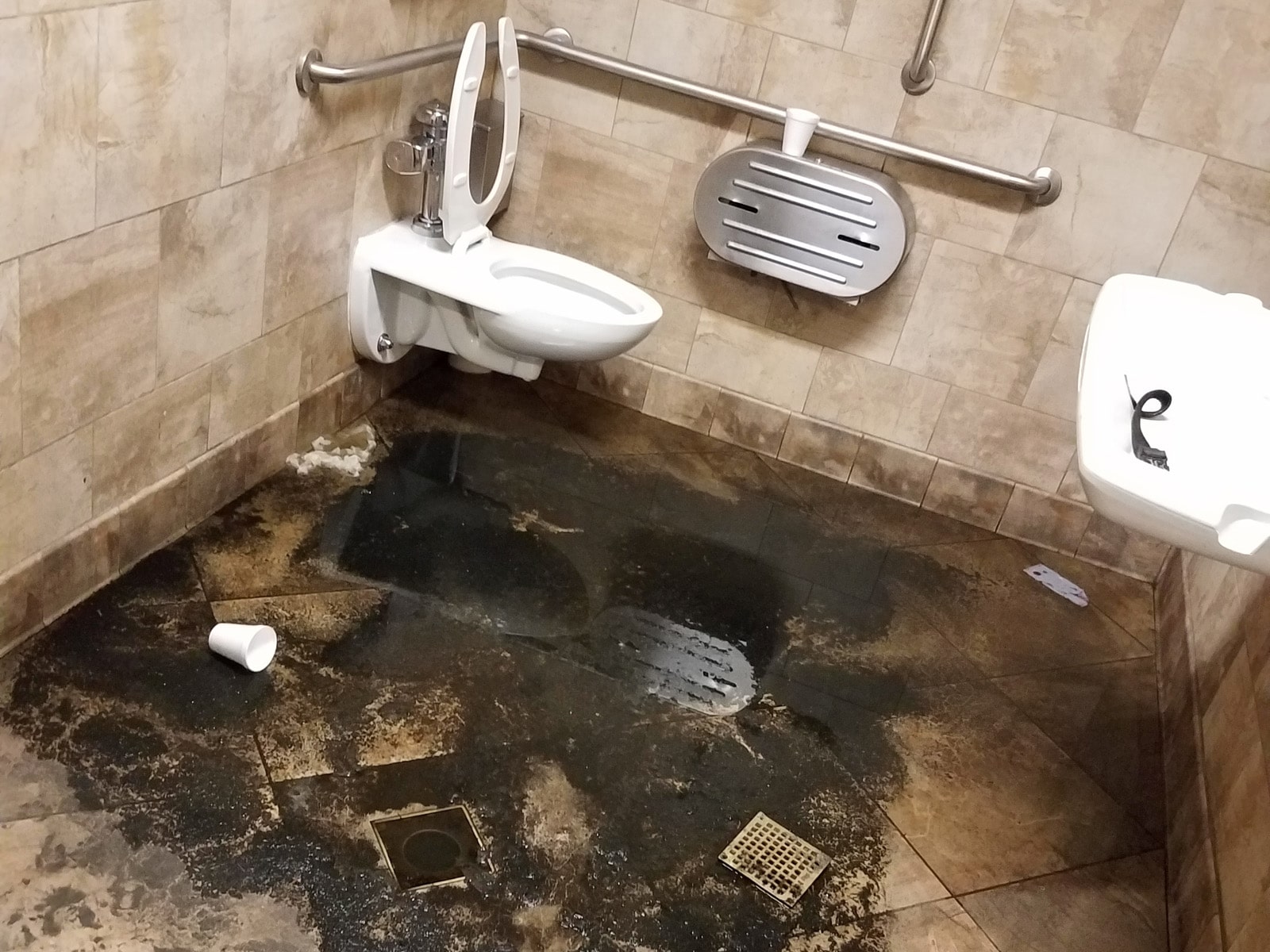
Not every plumbing problem must be expensive to repair. Regular DIY maintenance, and an occasional inspection by licensed professionals should be enough to make sure your plumbing is always in working order. Remember that a good portion of the maintenance process involves identifying potential issues (before the damage is done). Therefore minor repairs can address small damages, which cost much less money than an extensive overhaul.
Be proactive
The city is responsible for maintaining wastewater treatment facilities connected to your home. The city’s responsibility also covers all of the main sewer lines that typically run under the roadway. However, you rhome sewer running under your yard, sidewalk, and roadway, is expressly your responsibility. Every inch of pipe both underground and above ground, installed in private property – such as your house – is the homeowners to install, maintain, and repair, if need be. The city’s efforts to provide sanitary wastewater treatment facilities do you little good if you are negligent in maintaining your own plumbing installation. Here are some easy things you can and should do to prevent clogging and sewer overflow:
-
Keep hazardous substances out of the drain system:
Residential plumbing and drainage system are not designed to handle toxic chemicals or hazardous substances of any sort. If you have hazardous waste, learn how to dispose of it properly or call DOS for instructions. The soap from car washing and oil waste count as hazardous substances, too. Use non-toxic biodegradable soap and never flush oil down the drain. A gallon of oil contaminates a million gallons of water.
-
Throw out grease or cooking oil with the trash:
It is tempting to flush cooking oil down the kitchen sink; it is easy, practical, but not safe. Most parts of the grease stick to the inner surface of the drain pipe. They accumulate there and cause clogging. The portion that does flow to the sewer system puts unnecessary burden to wastewater treatment facility. Likewise, highly acidic or alkaline substances can rot away your plumbing.
-
Use natural fertilizer for the lawn:
Excess water from the your lawn sprinkler system carries a good amount of fertilizer to the drain. Chemical-based fertilizers are toxic, so use organic or eco-friendly fertilizer instead. It is good for your lawn and for the environment as well.
-
Throw away your trash into a waste container:
Littering can cause serious clogging. Although you may not see the consequences right away, dirt and debris may eventually go to storm drains and catch basins. Even small everyday items such as candy wrappers and straws can lead to your Queens sewer clogged, and non-functioning. A blocked catch basin is of little concern, unless it floods you out during a storm. The NYC DEP typically cleans every catch basin once a year. But, if people abuse the catch basin, once a year will not keep it functioning.
-
Install a sewer backflow prevention device:
As the name suggests, a sewer backflow prevention device only allows water to flow in one direction. That is intended to be from outside of your house, into the wastewater treatment facility. In the event of a heavy storm, or excessive rain runoff that would normally cause an overflow, the device shuts its mechanical flap or door. This stops wastewater from flowing back into your home.
Taking care of your plumbing installation does not always have to be a technical chores. Some repairs are actually simple enough that you do it yourself without assistance from professionals. However, it is important to know your own limitations and call for help before it’s too late.
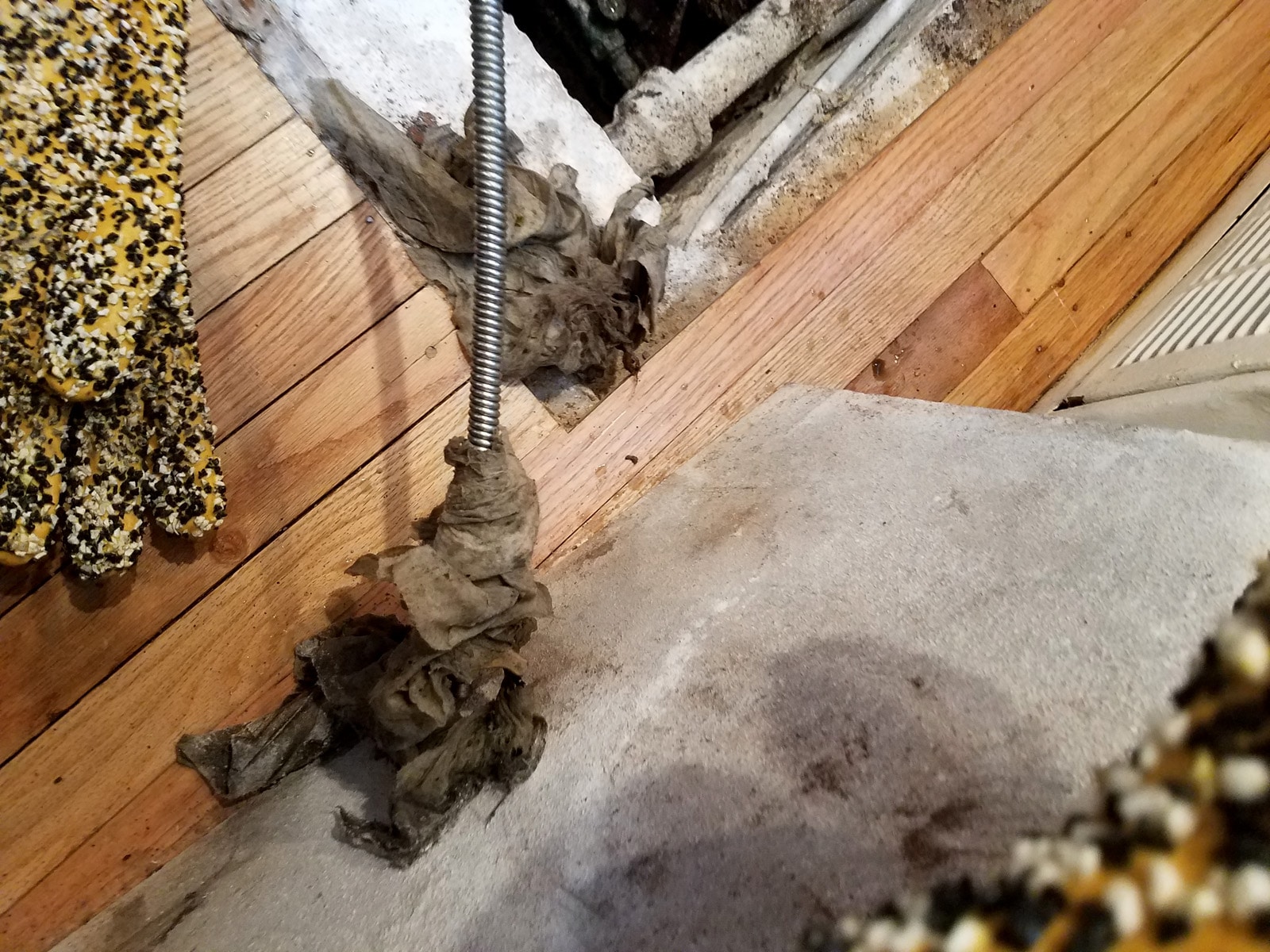
Causes of a Queens Sewer Clogged and non-functioning
A Queens sewer clogged, as minor as it may seem, can quickly escalate into a larger problem. Blockages in drain pipes, depending on the clogging material and severity, has all the chance to cause pipe deterioration, water backup, and cracked pipes. Prevention is the key; you want to address minor problems before they turn into an annoying nuisance that requires you to pay a good amount of money to repair. Recognize these potential causes and issues to help you minimize the negative consequences.
-
Dirt, debris, and accumulation of foreign objects:
All small water-insoluble objects are common culprits in drain clogging problems. Hair, food residue, toys, cigarette butts, diapers, and other solid objects have no place in a drain pipe. Since the inner surface of the drain pipe is not always as smooth as you may think, those objects can get tangled and stuck inside for very long time. They can accumulate over time and form a barrier for wastewater flow.
In addition, drain systems have various bends and turns. These provide yet another place for items to get clogged, or for dirt to accumulate.
-
Fat, oil and grease:
Although most food residue are water-soluble, they may contain grease which is not. Oils have relatively high resistance to flow and the substance tends to stick to drain pipes. What makes these items even more of a danger to your drains is that they float above the flow of water. F.O.G. (fat, oil, grease) then slowly coats the inside of your drain pipe until it fails. Other small objects including hair and cigarette butts may accumulate around the oil as well.
-
Soap accumulation:
In case you have not noticed, soaps (at least most of them) are made of fatty acid. The fat molecules attract grease from your skin and it repels water, and that is how the soap gets you clean. Soap buildup, although not as viscous as actual grease, can cause clogging. It is much preferred to use plant based soaps, as opposed to soaps made form animal products.
-
Tree roots:
Assuming you have big trees on your lawn, or under the sidewalk, their roots can penetrate into your drain pipe. They can gain access even through existing small holes or cracks. But once they get inside, they continue to grow and expand, getting strong enough to cause heavy damage. Have your drain pipe checked regularly to make sure it is intact. A HD sewer video camera may be the way to go.
Regular maintenance and recognizing the symptoms are parts of your drain solutions. You also need to know when and who to call for help. What you need is a local experienced plumber equipped with professional equipment to do the job properly. Based on Jamaica Avenue, Queens, Balkan Drain Cleaning has been in the business for more than 65 years, and is actually one of the longest running names in the industry across NYC.
With Balkan’s extensive fleet of GPS-equipped vehicles, and central dispatch system, the company is dedicated to on-time arrival and thorough inspections of your plumbing drain system. Balkan covers all sorts of services from minor drain cleaning, to major replacements if necessary. Balkan operates 7 days a week, and after hours as well. Sewer line and water line replacements come with an unconditional 10-year guarantee. Contact Balkan for expert advice, or to arrange service at your convenience.
